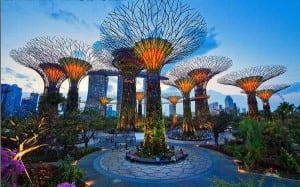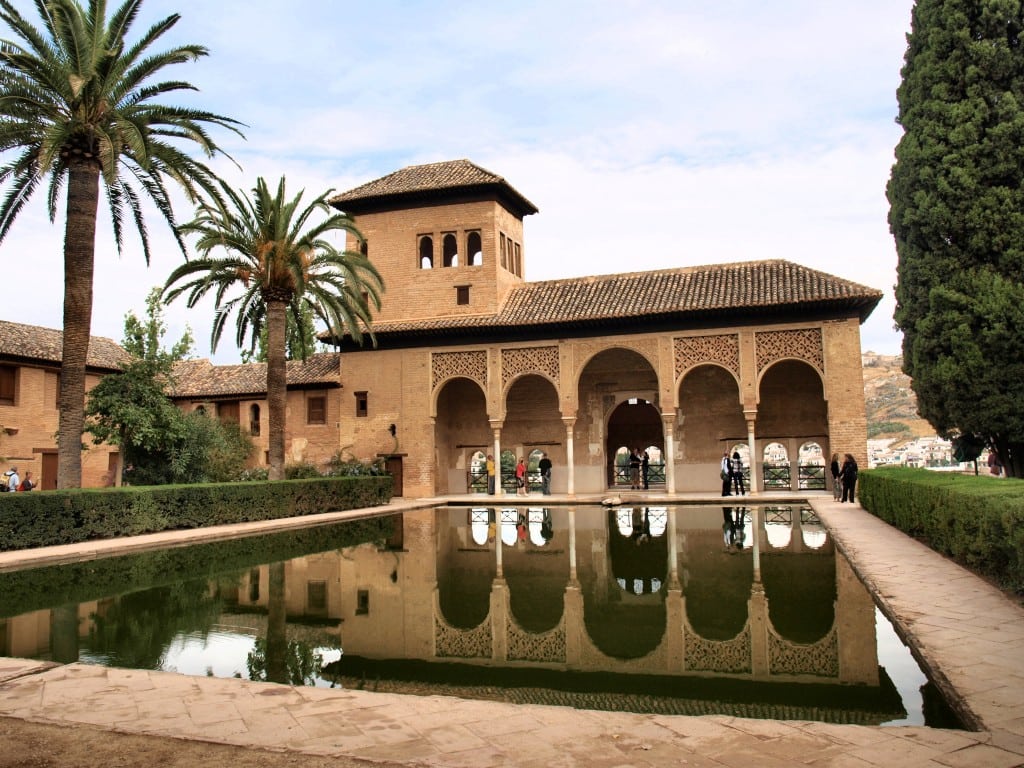By: Fiona Chan Source: http://business.asiaone.com/

Sixty million yen (S$700,000) and six months: that’s what TFK Corporation recently spent on renovating a kitchen in Tokyo’s busy Narita airport and preparing it for halal certification.
The prize for its pains? A chance to grab a bigger slice of the lucrative and burgeoning Muslim travel market.
TFK, the Japanese unit of Singapore inflight food catering group Sats, had been supplying halal meals to the Narita Airport Authority for transit passengers since December.
But it had done so without halal certification, which provides an added layer of reassurance for Muslim diners.
Muslims now represent nearly a quarter of the world’s seven billion people, and the value of Muslim tourism globally is expected to balloon to US$192 billion (S$245 billion) by 2020, from US$126 billion last year, according to figures cited by TFK.
Yet many countries that Muslims are eager to visit may not have offerings that can meet their needs, such as prayer rooms and halal food options.
More than two-thirds of Muslims travelling overseas for leisure say their most important requirement is halal food, noted TFK president Makoto Fukada.
“As Muslim visitors to Japan are expected to reach one million a year by 2020 – tripling the 2013 level – the availability of certified halal food will be of great importance to meet the needs of these travellers,” Mr Fukada added.
The potential of the global Muslim tourism industry has not gone unnoticed in Singapore, where companies can capitalise on their familiarity with Muslim customs to tap these opportunities.
One such firm is CrescentRating, which caters to Muslim travel needs. It was set up in 2008 when founder Fazal Bahardeen noticed a lack of such services while on business trips for his former job at a multinational firm.
Mr Fazal, 51, decided to strike out on his own to educate the hospitality industry about the “huge opportunity” in the Muslim travel market and to help Muslim travellers make educated choices.
CrescentRating offers research, consultancy and training services on Muslim travel. It also issues reports on the global industry and has created a rating system for the “halal friendliness” of travel and hospitality services, based on their availability of halal food and prayer information, among other things.
Last year, Mr Fazal launched travel website HalalTrip to help Muslim travellers put together a comprehensive itinerary – including flights, hotels and tour packages – for their needs.
“There are three key outbound Muslim travel markets in this space: the Gulf countries, Southeast Asia and Western Europe,” he told The Straits Times.
Tourists from these areas are keen to visit countries that may not be familiar with Muslim traditions, such as Japan and South Korea, he added.
More Muslims are holidaying in Japan these days after visa rules were recently relaxed for tourists from countries including Malaysia and Thailand. Japan is also planning to do away with visa requirements for Indonesian tourists.
Singaporean Raudaa Razak, a Muslim who works in Tokyo teaching English, said she quickly realised the lack of halal food outlets when she recently moved to the country. For one thing, most Japanese eateries serve alcohol, making it impossible for them to obtain halal certification, she said.
Singapore firms can aid countries like Japan in understanding and meeting Muslim travel requirements, said trade agency IE Singapore, which helped Mr Fazal gain a foothold in Japan and clinch a consultancy project with the Fukuoka government.
Describing Muslim travellers as “the largest under-served niche market for the tourism industry”, IE Singapore’s regional director for North Asia Pacific, Mr Lee Hoi Leong, said multi- ethnic Singapore has “an innate capability to cater to the lifestyle of the Muslim community in a Muslim-minority country”.
It also helps that Singapore’s halal certification, established in 1978, builds trust in halal food products, Mr Lee said.
TFK’s halal certification was awarded by Warees Halal, a division of Warees Investments, which in turn is wholly owned by the Islamic Religious Council of Singapore (Muis).
“In such a large economy like Japan, Warees Halal can empower Muslims globally to continue to keep up with their lifestyle,” said Mr Zaini Osman, chief executive officer of Warees Investments.
He said Warees Halal also aims to be a “springboard for more Singaporean Muslim or halal certified companies to venture into such economies”.



